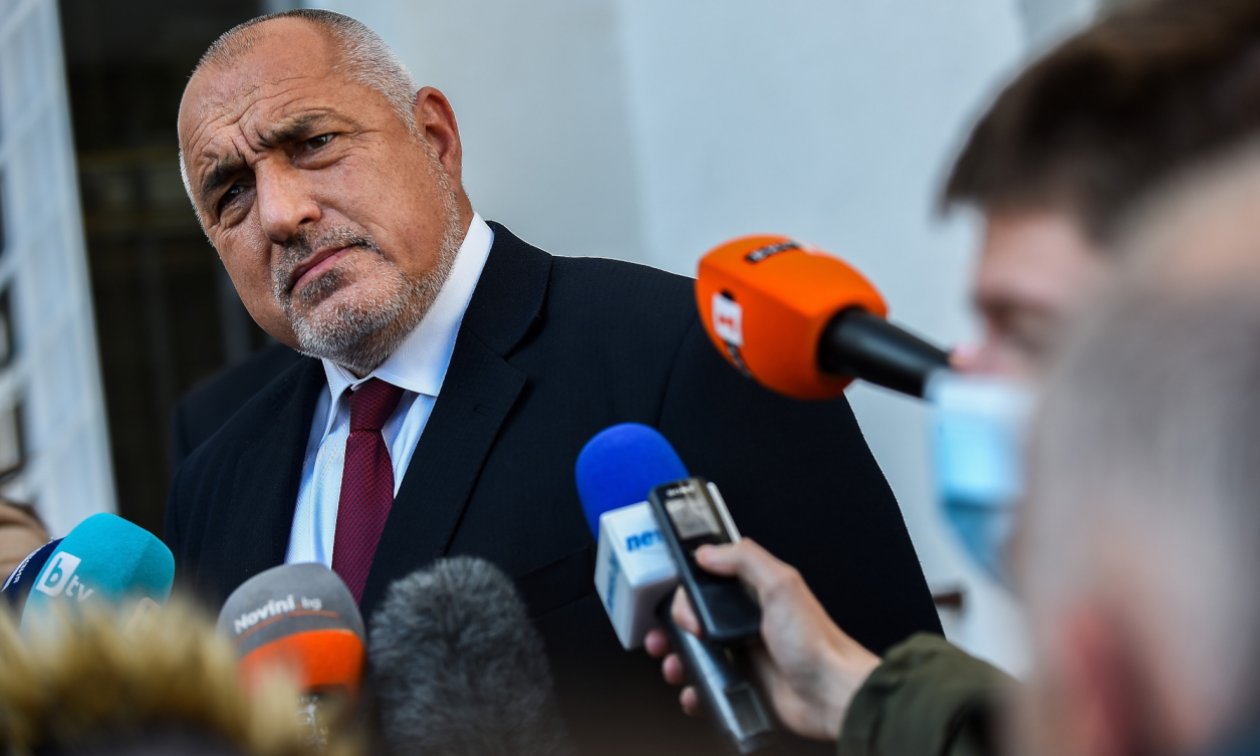Bulgaria's media sector is highly fragmented and its outlets operate under economically and legally insecure conditions. Instances of intimidation and meddling by powerful businessmen and political parties are widespread.

Bulgaria's media sector is highly fragmented and its outlets operate under economically and legally insecure conditions. Instances of intimidation and meddling by powerful businessmen and political parties are widespread.
